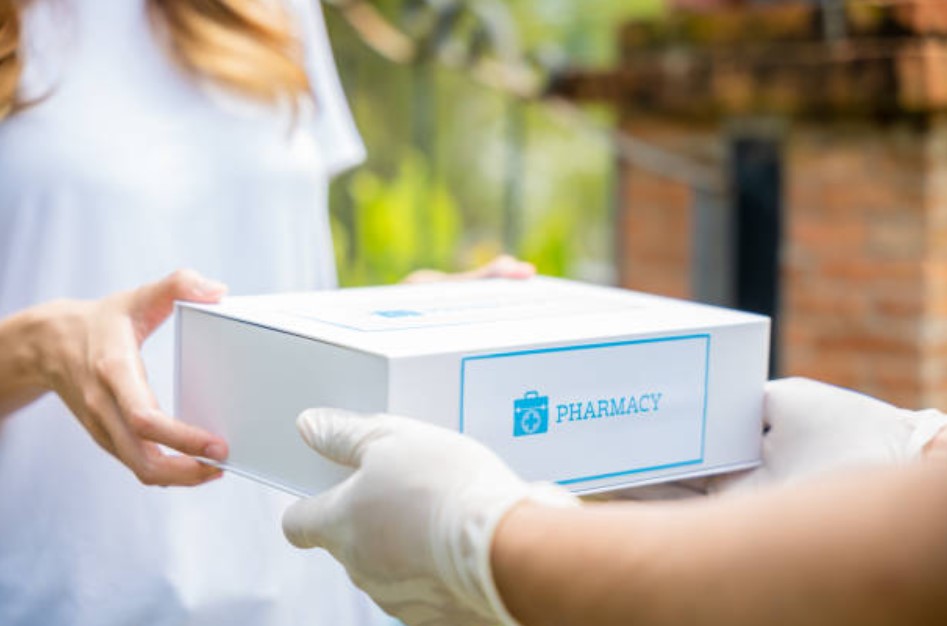Introduction to Local Pharmacy Delivery Services
Local pharmacy delivery options provide convenient and accessible solutions for patients to receive medications without visiting a pharmacy in person. These services cater to individuals with mobility challenges, busy schedules, or limited access to transportation. This guide explores the benefits, considerations, implementation strategies, and patient advantages of local pharmacy delivery services. For more detailed information, you can visit pafikabminahasaselatan.org.
Understanding Local Pharmacy Delivery Services
Definition and Scope
Local pharmacy delivery services enable pharmacies to deliver medications directly to patients’ homes, workplaces, or designated locations within a specified geographic area. Pharmacies partner with delivery providers or employ their own delivery personnel to ensure timely and secure medication delivery. This service enhances convenience and improves medication access for patients.
Types of Delivery Services
Pharmacies offer various delivery options, including same-day delivery, scheduled deliveries, and prescription mailing services. Same-day delivery ensures rapid medication access for urgent prescriptions, while scheduled deliveries accommodate patients’ preferred delivery times and locations. Prescription mailing services provide convenient access for patients outside the delivery radius.
Importance in Healthcare
Local pharmacy delivery services play a crucial role in enhancing patient adherence to medication therapy, improving health outcomes, and promoting continuity of care. By eliminating barriers to medication access, pharmacies support patient safety, medication adherence, and overall healthcare quality.
Benefits of Local Pharmacy Delivery Services
Convenience and Accessibility
Local pharmacy delivery services offer convenience for patients by eliminating the need to visit a pharmacy in person. Patients receive medications at their doorstep, workplace, or preferred location, saving time and reducing travel-related stress. Delivery services accommodate patients with mobility impairments, chronic illnesses, or transportation limitations.
Patient Satisfaction and Loyalty
Delivery services enhance patient satisfaction by providing personalized, patient-centered care and improving medication access. Patients appreciate the convenience, reliability, and customer service associated with local pharmacy delivery options. Enhanced patient satisfaction fosters loyalty to the pharmacy and encourages repeat business.
Medication Adherence Support
Regular medication delivery promotes adherence to prescribed treatment regimens by ensuring patients have timely access to medications. Pharmacies educate patients on medication usage instructions, potential side effects, and adherence strategies during delivery interactions. Improved adherence contributes to better health outcomes and reduces healthcare costs.
Implementing Local Pharmacy Delivery Services
Establishing Delivery Policies and Procedures
Pharmacies develop delivery policies and procedures to ensure efficient and safe medication delivery operations. Policies address delivery radius, service hours, delivery fees (if applicable), patient eligibility criteria, and prescription handling protocols. Clear procedures optimize delivery logistics and enhance service reliability.
Utilizing Delivery Technology
Pharmacies leverage technology, such as mobile apps, online platforms, or delivery management software, to streamline delivery scheduling, tracking, and communication. Technology solutions enable pharmacies to manage delivery routes, notify patients of delivery status, and provide real-time updates on medication delivery progress.
Training Delivery Personnel
Pharmacies train delivery personnel on customer service, medication handling, patient privacy regulations, and delivery safety protocols. Delivery personnel demonstrate professionalism, respect patient confidentiality, and adhere to pharmacy policies during medication delivery interactions. Training ensures compliance with pharmacy standards and enhances service quality.
Considerations for Patients Using Delivery Services
Privacy and Security
Pharmacies prioritize patient privacy and security during medication delivery. Delivery personnel adhere to confidentiality policies, use discreet packaging for medications, and obtain patient consent before delivering medications to designated locations. Patients trust pharmacies to safeguard their personal health information and maintain confidentiality.
Communication with Pharmacies
Patients communicate with pharmacies to coordinate delivery preferences, update delivery instructions, and inquire about delivery status. Pharmacies provide accessible customer support channels, such as phone, email, or online chat, to address patient inquiries, resolve concerns, and ensure satisfactory delivery experiences.
Feedback and Continuous Improvement
Pharmacies solicit patient feedback to assess delivery service satisfaction, identify areas for improvement, and enhance service quality. Patient feedback informs pharmacy practices, delivery logistics, and customer service enhancements to optimize medication delivery experiences and meet patient expectations.
Conclusion
Local pharmacy delivery options enhance convenience, accessibility, and patient satisfaction by providing timely access to medications without visiting a pharmacy in person. These services support patient adherence to medication therapy, promote continuity of care, and improve healthcare outcomes. Pharmacies embrace local pharmacy delivery as a customer-centric approach to healthcare delivery, fostering patient loyalty and satisfaction. Embrace local pharmacy delivery services as a cornerstone of patient-centered care, accessibility in medication access, and innovation in pharmacy service delivery.

